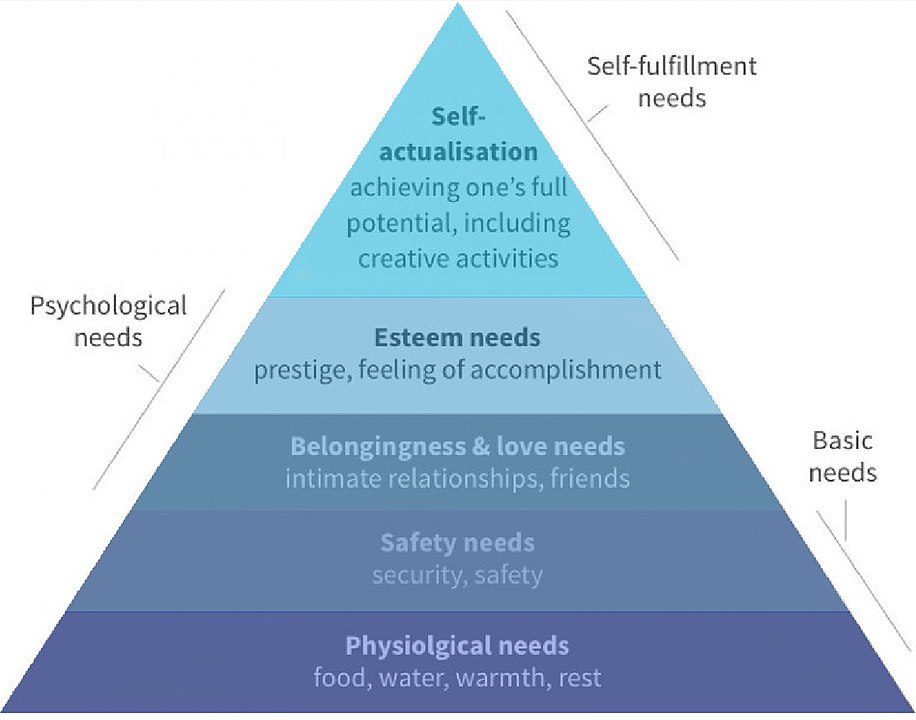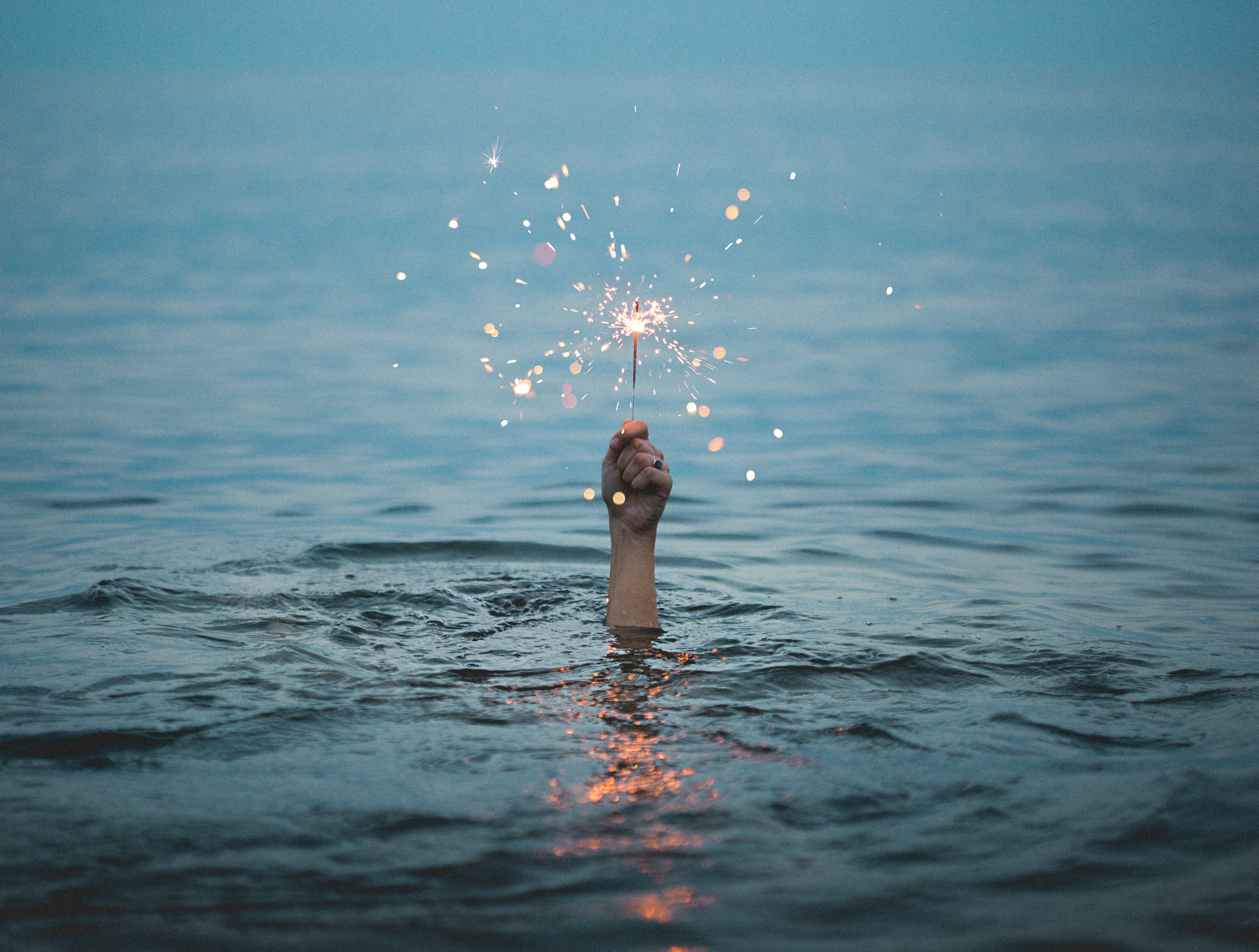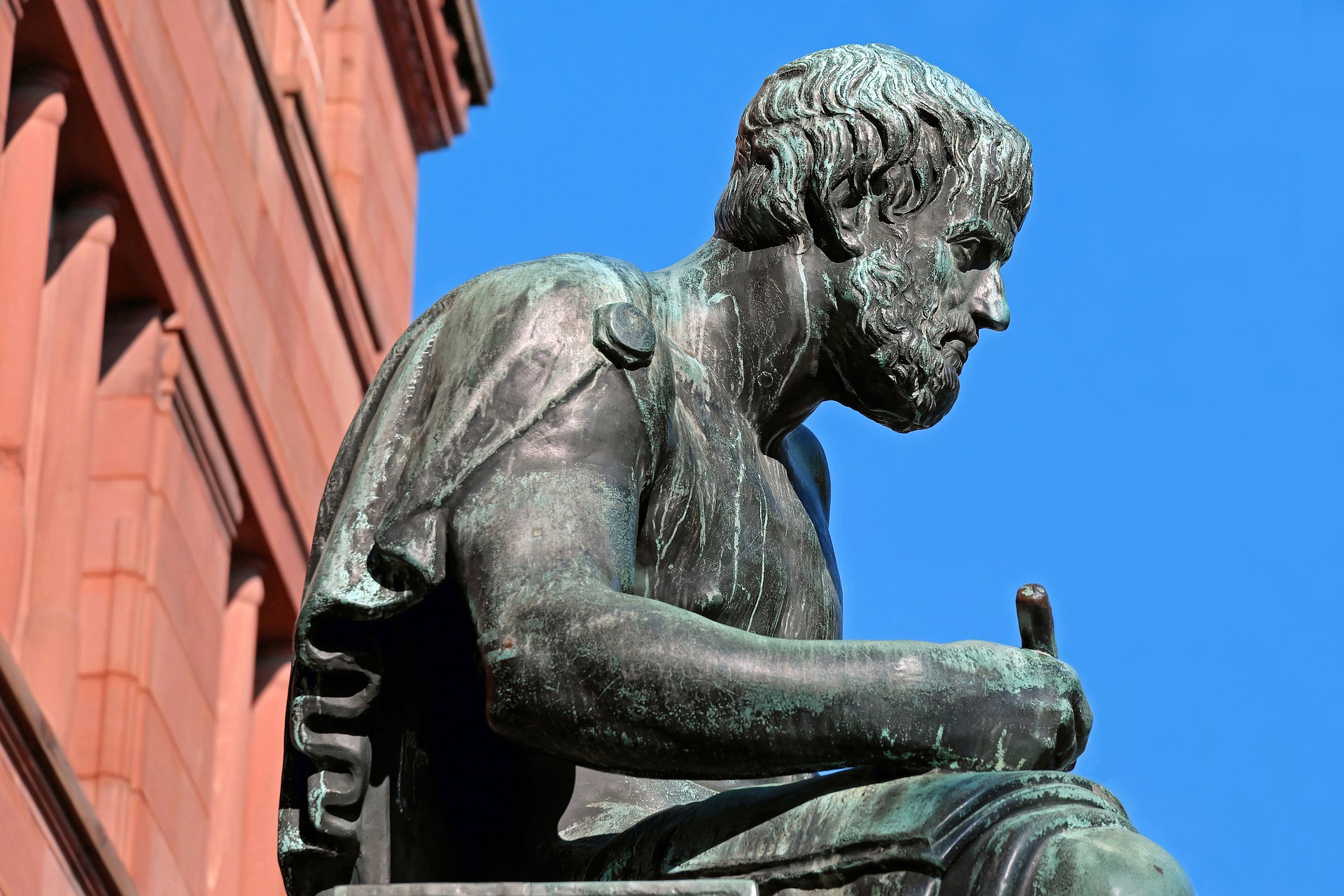Ed. note: This is the fourteenth entry in a series looking at the three schools of philosophy for perspectives on relationships in our modern world. Inspired by Emerson’s “The American Scholar,” we are exploring timeless wisdom which endures to inform our approaches to learning, relationships and leadership. Click here for all the posts in this series.
Jean-Jacques Rousseau’s exhortation to embrace a simpler life finds a home here in the twenty-first century as well. We are beginning to see that constant access to the internet is not an inherently good or helpful prospect. While the technology is still relatively young, it is becoming apparent that each of us needs to give some thought to how we use it, and why, and whether reducing our dependence on it would improve our interactions, and lives in general.

Learning
One major part of this Discourse’s legacy is that of encouraging people to get back to the simpler, more analog way of life. How ironic that the cure to our modern woes is to be discovered
“…not in books, but in the book of nature, which never lies.”
An often unconsidered improvement of modern life is our surrounding of ambient, artificial light. Before the late 1800’s, including when Rousseau wrote this 1754 essay, the day’s pattern was ruled by sunlight. We rose and slept with the sun and dark, respectively. The electric light changed that forever, and our circadian rhythms have sought adjustment ever since. Artificial light actually pushes back our sleep onset by hours, and contributes to the epidemic of being underslept. This is only worsened with the blue light of phones and screens being used before bed.
For example, “iPad reading delayed the rise of melatonin by up to three hours, relative to the natural rise in these same individuals when reading a printed book,” according to Matthew Walker in Why We Sleep.
Walker goes on to say that in addition to delaying sleep onset, blue light lessens our quality of sleep, and affects how alert we feel the next day. Our modern technology is causing problems for our vital need of a consistent sleep and wake cycle.
One solution? Read printed books or magazines in the evenings before bed, and enjoy the benefits of reading, the reduction of stress, and an unhindered ability to sleep well and long.
As we’ll see below, this conundrum of modern society and conveniences disrupting our basic needs is something Rousseau himself noticed.

Relationships
As our basic needs are meant, we pursue ever more abstract and difficult aims. ‘Savage man’ had to hunt and gather, working very hard for every bit of food. There was no medicine to speak of, socializing was not a concern and life was short and hard. Modern man deals with anxiety, worrying over bills and our relationships with others, and a near-constant dissatisfaction with life.
Rousseau looks at modern man dissatisfied and concludes the simpler life is a better life:
“…the numberless pains and anxieties annexed to every condition, and which the mind of man is constantly a prey to; these are the fatal proofs that most of our ills are of our own making, and that we might have avoided them all by adhering to the simple, uniform, and solitary way of life prescribed to us by nature.”
It is an interesting notion to consider that most of our problems are of our own making. It is also easy to see how this perspective inspired the Transcendentalists in their quest to get back to nature. So many of our new problems are avoided or resolved simply by not engaging them. We can choose to not use social media, or set limits on our use of devices or not follow breaking news updates. These changes alone can dramatically reduce the amount of stress we encounter and improve our mental strength and clarity, proving that the simple life is usually less stressful.
As Rousseau touches on, suicide and anxiety are largely “first world” problems, which aren’t seen in places where basic needs are barely being met. Maslow’s hierarchy of needs explains this in part; the more our basic needs are met, the more conceptual and abstract our needs become. As the simpler needs are taken care of, we deal with deeper and more intricate problems, such as interpersonal relationships, self-esteem, and realizing personal potential. When you are fearful for your physical health or safety, self-esteem is not even a concern.

By Chiquo – Own work, CC BY-SA 4.0,
Maslow’s hierarchy shows that the more vital, and physiological the need, the lower it is on the pyramid, and the more foundational it is to our well-being.
- Basic needs include getting enough food, water, sleep, and warmth.
- Safety needs of security and safety
- Belonging needs of relationships and intimacy
- Esteem needs include prestige and a feeling of accomplishment.
- Self-actualization is fulfilling your full potential
Similarly, anxiety is more commonly seen in populations which largely have their basic needs met, and are seeking belonging, or similar higher needs. This is revealing itself in a correlation with smart devices and social media’s rise in popularity. As more and more people’s basic needs are being met, they move into the third level and beyond of seeking to belong and raise their self-esteem. As I’ve spoken about before, young people are dealing with elevated levels of anxiety and depression, in numbers we’ve never seen before. Psychologists and doctors are recommending time spent outdoors and away from devices as something everyone should try.
A happy medium does exist between completely abstaining from technology and allowing it to make us unhappy and anxious. I think that middle ground is to be found by getting outside, working on analog tasks or hobbies, and thinking seriously about how much time and effort we put into using some technology with little or no reward. It lies in determining the best ways to make technology work towards your goals, instead of being swept along with the current tide.
Here are a few practical ways we can go “back to nature” that don’t include swearing off technology:
- instead of texting, call your sister or friend
- rather than texting or scrolling on social media, meet up with your friends in person
- go for a walk alone or with a friend
- read outside
- do a workout
- paint, draw, sketch, or write on paper
- read a print book
- do small repairs around your house
- play an instrument
The idea is simply to accomplish the same goal of interaction or creativity with an analog solution. If nothing else, you’ll gain a sense of accomplishment and lower stress levels in the process.

Leadership
Finally, Rousseau details the tragedy of working to appear to be one thing, while actually being a different person:
“…how, in short, ever inquiring of others what we are, and never daring to question ourselves on so delicate a point, in the midst of so much philosophy, humanity, and politeness, and so many sublime maxims, we have nothing to show for ourselves but a deceitful and frivolous exterior, honor without virtue, reason without wisdom, and pleasure without happiness.”
He says our modern notions of societal reputation have inflicted harm:
“…to be and to appear became two very different things, and from this distinction sprang pomp and knavery, and all the vices which form their train.”
Rousseau cautions that modern vices spring up from the desire to be seen as something we are not. As Kant would echo a few decades later, being a moral individual is the easiest, most secure way to position yourself to be happy. Be a person of substance. Virtue, wisdom, and happiness are all found in this endeavor.
While this is certainly applicable to appearances on social media platforms, it is also true in society at large. So many people chase houses, or flashy cars or status, thinking that those things win respect. It is even more disappointing that the pursuit of these things is often done without the willingness to work to afford them, or purchased on borrowed money. This ache to appear to be successful without actually succeeding also feeds into the anxiety and depression rates we see.
The solution is to bring your external and internal personas together by living in line with your values. It’s the disparity between who we say we are and how we act that makes us unhappy. As James Clear shares in Atomic Habits, the first step to resolving this is to determine what kind of person you want to be, then act like that person. He uses the example of wanting to be a person who reads everyday; take the action of reading everyday.
Great people care about doing right by their values and their people. Mediocre people simply try to succeed with as many people as they can.

Moving Forward
The more I read about Rousseau, and his influence on Emerson and the other Transcendentalists, the more I enjoy revisiting this essay. It reinforces habits I am implementing this in my own life, like making sure to get outside daily, setting limits on social media usage, and reading physical books or magazines after dark. I also journal daily to remind myself of my goals, and looking at what I can accomplish each day in their pursuit. It has certainly helped me to keep track of how I spend my time, and kept me focused.
In the constant struggle to find balance between nature and modern technology, the simpler approach is proving, yet again, to be more satisfactory.




